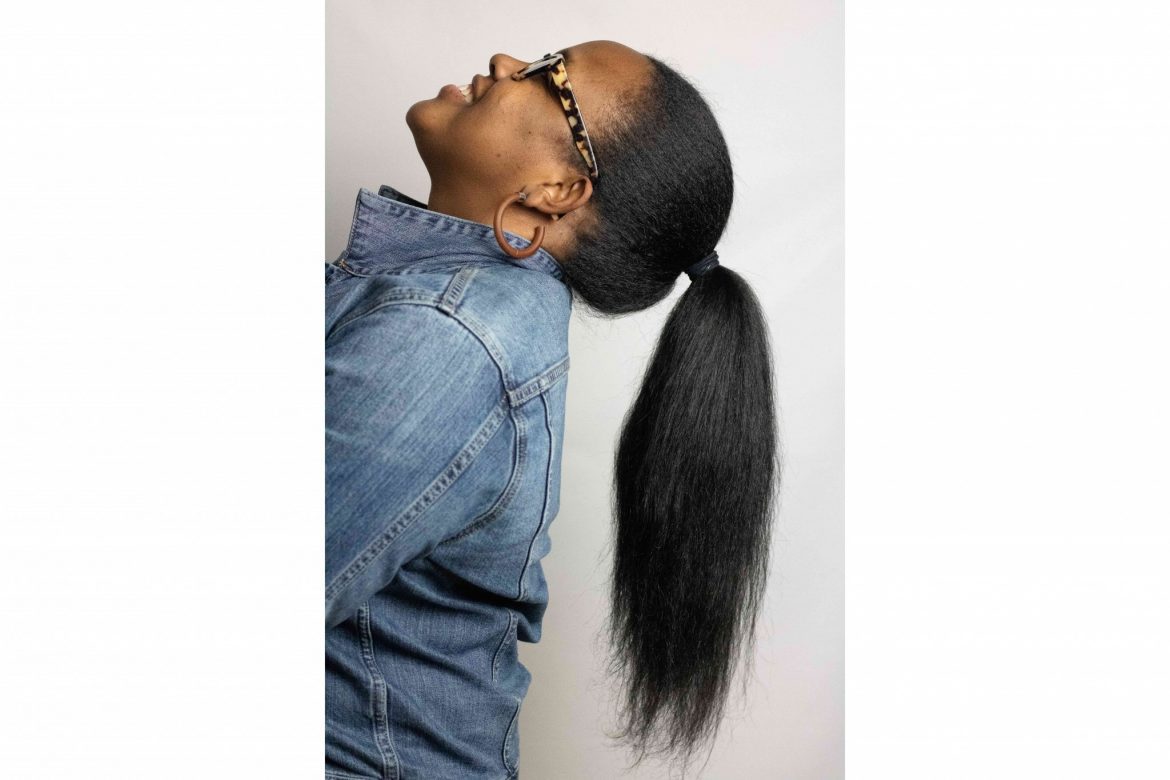The Black Lives Matter movement has allowed more conversations to take place that encourage educating those who are not Black about what it is like being Black in America. One of those conversations includes learning about their hair and the stigma that can surround it.
Junior Phallen Reed said the education of Black hair speaks to much more than how her hair looks.
“For me, it means recognizing the differences in hair types,” Reed said. “I don’t believe that there is simply curly, straight or wavy hair — there is more complexity within my hair. The education of Black hair means the education of me and those who look like me.”
Reed said she believes that the education of Black hair has not been at the center of the conversation about hair care due to societal norms and beauty standards that have historically been a part of Western culture.
“[Black hair] has never been the norm, historically, in Western culture, nor given its due value,” Reed said. “Yes, our hair has a history, but a lot of it has not been appreciated within us. I think that, in part, society has run from the learning curve that is Black hair. However, society has no problem imitating our hair on someone who is not Black.”
Senior Chantel Ceaser said the process of taking care of Black hair is tedious and requires a lot of time and patience.
“It takes a lot; it’s a full routine,” Ceaser said. “When I say I’m washing my hair, it means, ‘Don’t call me for seven hours.’ I have to part my hair, I have to put in sections, I have to make sure I have all of the greases, the oils, the co-washes, the shampoo, conditioner … detangler … I have to make sure I go through all of my thick 4C hair so that it gets all the nutrition it needs … and then I get in the shower and wash it all out … and then I have to re-section it out, put the oil in it, grease my scalp, put in the curl activator … and that’s only one part of my hair, and then I have to do the other six sections.”
Ceaser explained why, oftentimes, Black people request that people not touch their hair.
“When Black people say, ‘Don’t touch their hair,’ it’s not because we’re being rude,” Ceaser said. “It’s just because we’ve put a lot of time and effort into it looking the way it is.”
Senior Valentino Warren said the education of Black hair and Black culture is something very important and something that should have already been at the center of education about hair care.
“People should educate themselves regardless of what situation lies before them,” Warren said. “You should always strive to know more than settle for less.”
Ceaser said that when she was younger, she used to think poorly of herself because of the beauty standards set before her.
“I, growing up, dreamed that my hair was long and blonde and my skin was pale white and I had blue eyes … and I just wasn’t,” Ceaser said. “I had thick, curly, black hair and I was short and stumpy. If my hair didn’t fall the way someone else’s hair [fell] or if my hair was in puff balls and her hair was in a long beautiful flowy curliness, I would be sad and would think that I’m ugly because my hair [didn’t] look like that. We only see beautiful, white women and long, beautiful hair that is so easy to function with … and my hair doesn’t do that, so obviously I’m not beautiful.”
Ceaser said it is important for accurate representation to be demonstrated in order to reshape beauty standards.
“If you don’t see any representation at an early age, then when you grow up, you’re just going to think [that] you’re ugly,” Ceaser said. “And that’s what the problem [is] with a lot of Black women because they didn’t have a proper representation of their beauty at a young age.”
